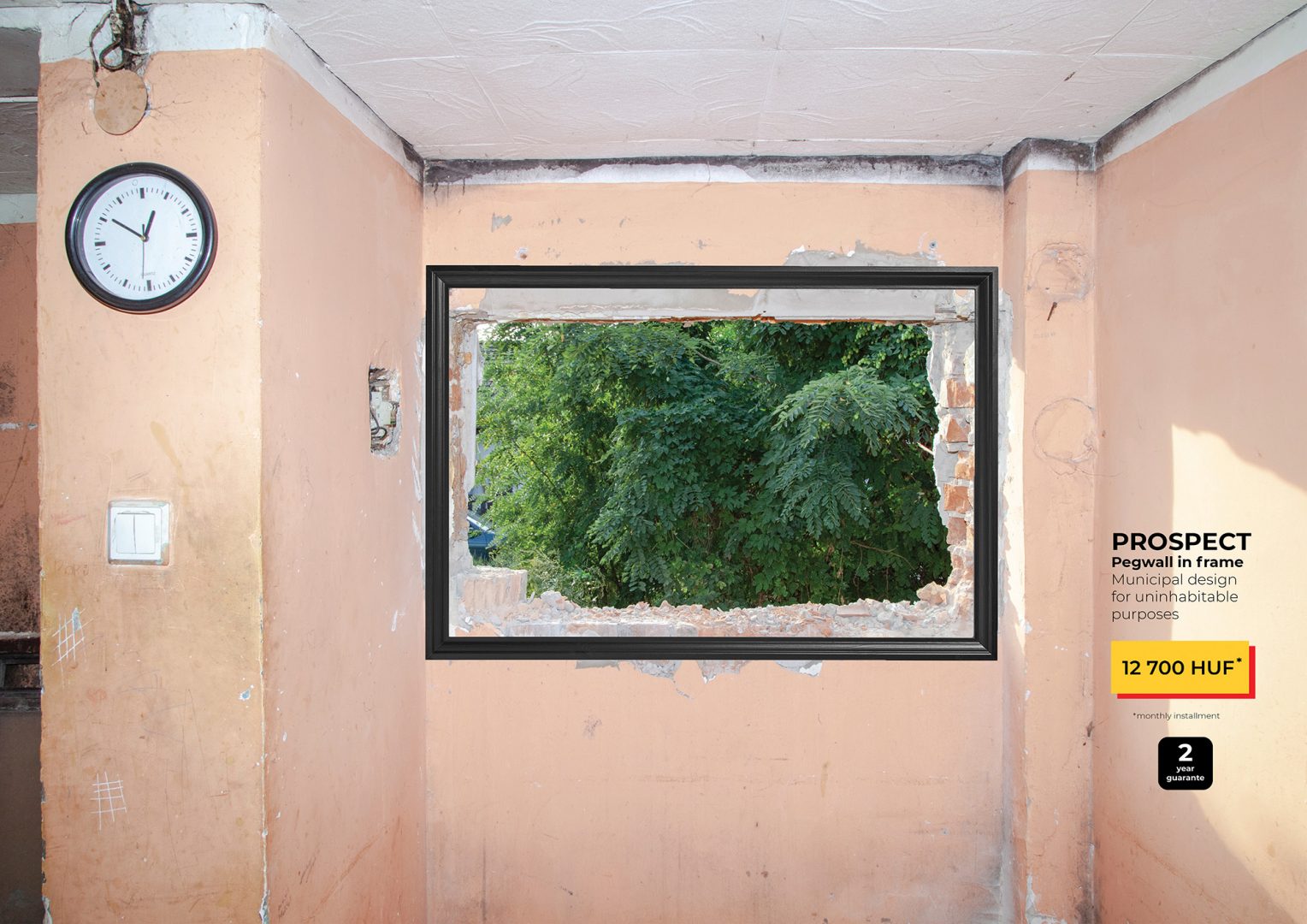The Open Call for the Social Art Award 2019 under the topic “We are the People – Peaceful Revolutions” was closed on December 15, 2019. We are very impressed by 558 submissions that were contributed by artists coming from 65 countries across all continents.
The winners of The Social Art Award 2019 are Narcissa Gold (USA), Melinda Mouzannar (Lebanon) and Bogna Grazyna Jaroslawski (Poland/Germany). The Honorary Mention goes to Kingson Kin Sing Chan (Hong Kong/UK).
Below you find the artworks, that passed the initial jury round. The public voting took place till 30 December and is a tool to give more public visibility to the topic and the artworks. It does not replace the final jury judgment. There were two wildcards for the most voted artworks that entered the final shortlist.
The focus diversity of applications shows that artists are active in the multi-faceted fields of socially engaged art reflecting on wars, genocides, femicides, traumata, violence against refugees, children, women, men, disabled people, LGBTIQs, animals. They share feelings for the planet and its living species, but also showing hopelessness due to complex crises be it climate change (e.g. in regard to water pollution), capitalism, corruption, a violation against human rights, nature, protected national parks. Many of the artists are constantly trying to give a voice to the poorest or empower unheard social groups.
It’s not only about peaceful revolutions, but it’s also about feeling a deep connection and showing love and respect for each other.
Thank you all for sharing your great and inspirational work and look at all the great contributions!
Everyday Shortcomings
PAD Foundation for Environmental Justice
open category
The project reflects on the housing, environmental and social conditions of communities living in segregated social spaces of Central-Eastern Europe. Using the visual language of interior design catalogues, the billboard reveals fundamental shortcomings emerging from structural inequalities, the inaccessibility of certain design solutions and seemingly basic living standards for such social groups, exposing daily problems like eviction and insecurity. How can art catalyze change?: Engaging with locals, a team of anthropologists & artists map inequalities resulting from structural, institutional deficiencies, attempting to reframe the mainstream visual representation of poverty.
The project reflects on the housing, environmental and social conditions of communities living in segregated social spaces of Central-Eastern Europe. Using the visual language of interior design catalogues, the billboard reveals fundamental shortcomings emerging from structural inequalities, the inaccessibility of certain design solutions and seemingly basic living standards for such social groups, exposing daily problems like eviction and insecurity. How can art catalyze change?: Engaging with locals, a team of anthropologists & artists map inequalities resulting from structural, institutional deficiencies, attempting to reframe the mainstream visual representation of poverty.



